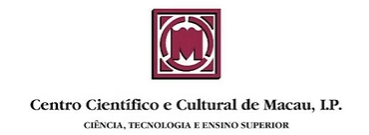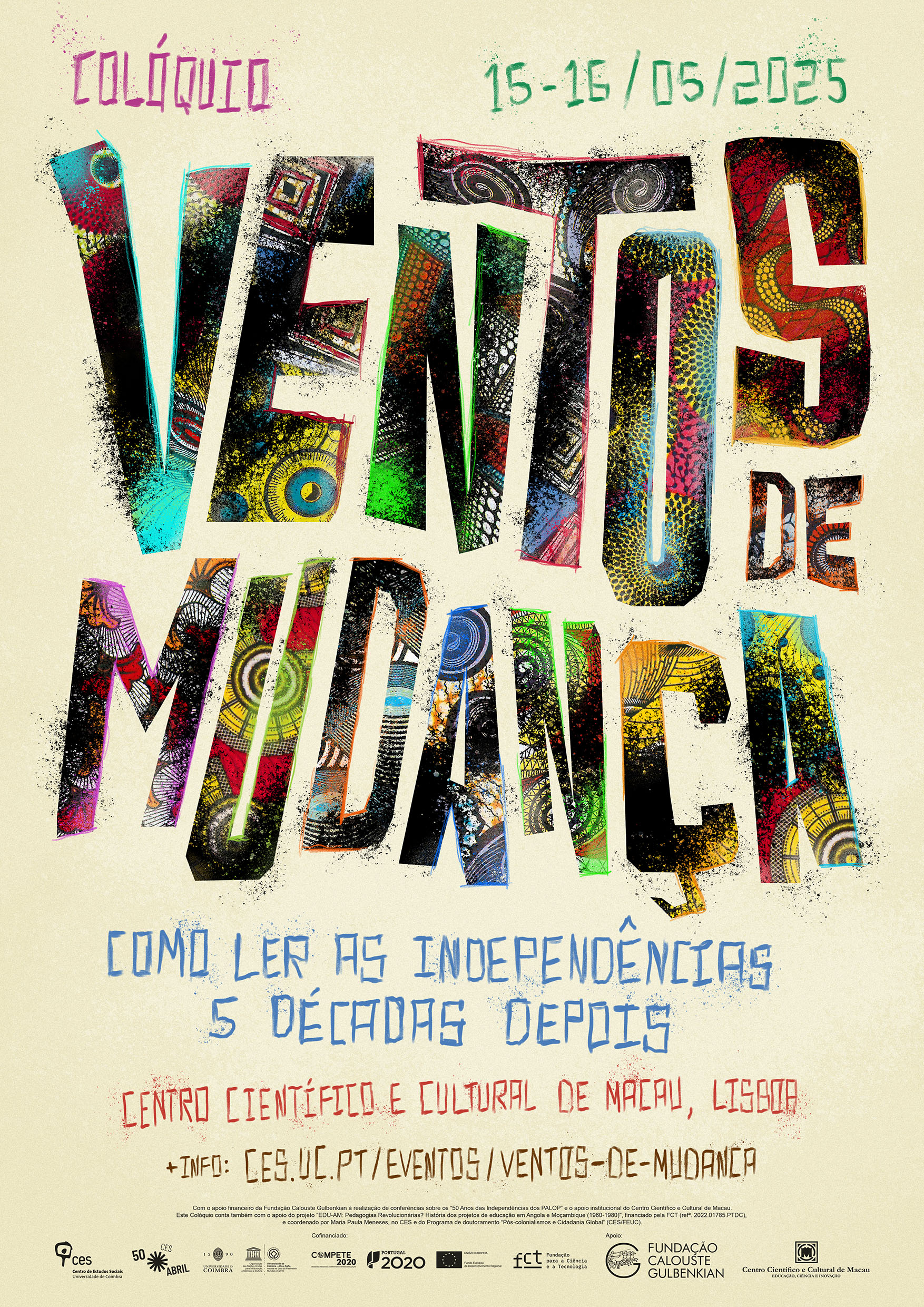Colloquium
Winds of Change - How to read the independences 5 decades on
May 15 and 16, 2025
Macau Cultural and Scientific Centre (Lisbon)
The different views and perspectives on the independences set the tone for the programme of this colloquium, organised by the Centre for Social Studies (CES) of the University of Coimbra, with the support of the Calouste Gulbenkian Foundation and hosted by the Macau Scientific and Cultural Centre.
The colloquium seeks to take stock of the achievements made in these countries and reflect on the challenges facing their citizens today.
Evaluating the paths that led to the independences of Guinea-Bissau, Mozambique, Cape Verde, São Tomé and Príncipe, Angola, and East Timor involves recognising the role played by nationalist movements in articulating the aspirations of their peoples in the context of the ongoing emancipatory struggle on the African and Asian continents and in galvanising movements for change. Evaluating these legacies also involves a critical reflection that promotes an inclusive and sustainable vision of the independences. Revisiting these memories questions independence as a necessary condition for development, democracy, peace, human rights, and the environment.
The activities are structured around four themes:
1) Memories and commitments of the independences;
2) Continuities of liberation processes in the global South;
3) Legacies, heritages, and transformative policies;
4) Near futures for redesigning democracy, human rights, development, and the environment.
Set against the backdrop of the independence processes, the emphasis is placed on the histories of the struggles for self-determination and their complex and interwoven trajectories. The history of East Timor, differentiated by its decolonisation process interrupted in 1975 and by colonial occupation by Indonesia, highlights the importance of the solidarity that existed between the African independences’ movements and the East Timorese resistance. The aim is to trace common aspects and identify specific aspects that mark the independences of these countries from a cosmopolitan and dialogical perspective.
Organising Committee (CES)
Maria Paula Meneses, Margarida Calafate Ribeiro, Marisa Ramos Gonçalves, Miguel Cardina, and Natália Bueno.
PhD candidates from the doctoral programme Post-Colonialisms and Global Citizenship, CES / FEUC, University of Coimbra: Ângela Guerreiro, Celso Braga Rosa, Francisco Sandro Xavier, Jessemusse Cacinda, Joana Simões Piedade, Sandra Inês Cruz. Nuno Simão Gonçalves (photos)
Support
With financial support from the Calouste Gulbenkian Foundation for conferences on ‘50 Years of PALOP Independences’ and institutional support from the Macau Scientific and Cultural Centre.

This Colloquium also has the support of the project “EDU-AM: Revolutionary Pedagogies? History of the education projects in Angola and Mozambique (1960s-1980s)”, funded by the Foundation for Science and Technology (ref. 2022.01785.PTDC), and coordinated by Maria Paula Meneses, at the Centre for Social Studies, and the Doctoral Programme “Post-colonialisms and Global Citizenship” (CES/FEUC).



